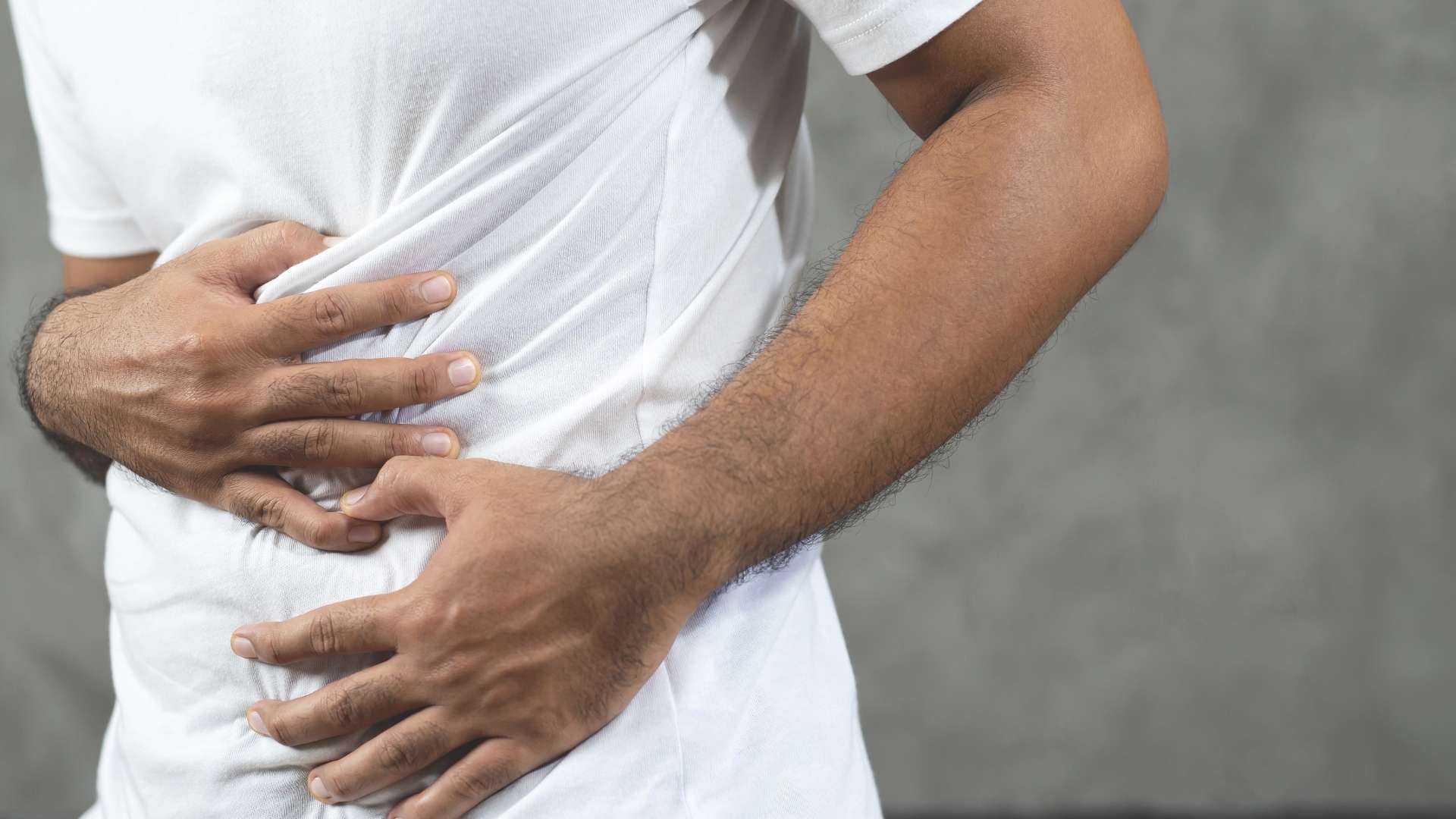Constipation


a condition in which there is difficulty in emptying the bowels, usually associated with hardened faces.When a person passes less than three bowel movements a week or has difficult bowel movements.
- 1.pain and cramping in the abdomen
- 2.feeling bloated
- 3.nausea
- 4.a loss of appetite
- 5.Few bowel movements
- 6.Trouble having a bowel movement (straining to go)
- 7.A sense that everything didn’t come out
- 8.Belly bloating
- 9.passing lumpy, hard, or dry stools
- straining or pain during bowel movements
- a feeling of fullness, even after having a bowel movement
- Eating foods low in fiber.
- Not drinking enough water (dehydration).
- Not getting enough exercise.
- Changes in your regular routine, such as traveling or eating or going to bed at different times.
- Eating large amounts of milk or cheese.
- Stress.
- Resisting the urge to have a bowel movement.
Water. Dehydration is a common cause of constipation, and drinking plenty of water can often help to ease or resolve the symptoms.
Yogurt– Probiotics may help to improve gut health.
Pulses.
Clear soups.
Prunes.
Wheat bran.
Broccoli.
Apples and pears.
Alcohol. Alcohol is frequently mentioned as a likely cause of constipation.
Gluten-containing foods. Gluten is a protein found in grains like wheat, barley, rye, spelt, kamut, and triticale.
Processed grains.
Milk and dairy products.
Fried or fast foods.
The following quick treatments can help induce a bowel movement in a few hours.
Gulakand with milk
Eat a serving of high-fiber food. …
Drink a glass of water. …
Isabgol












